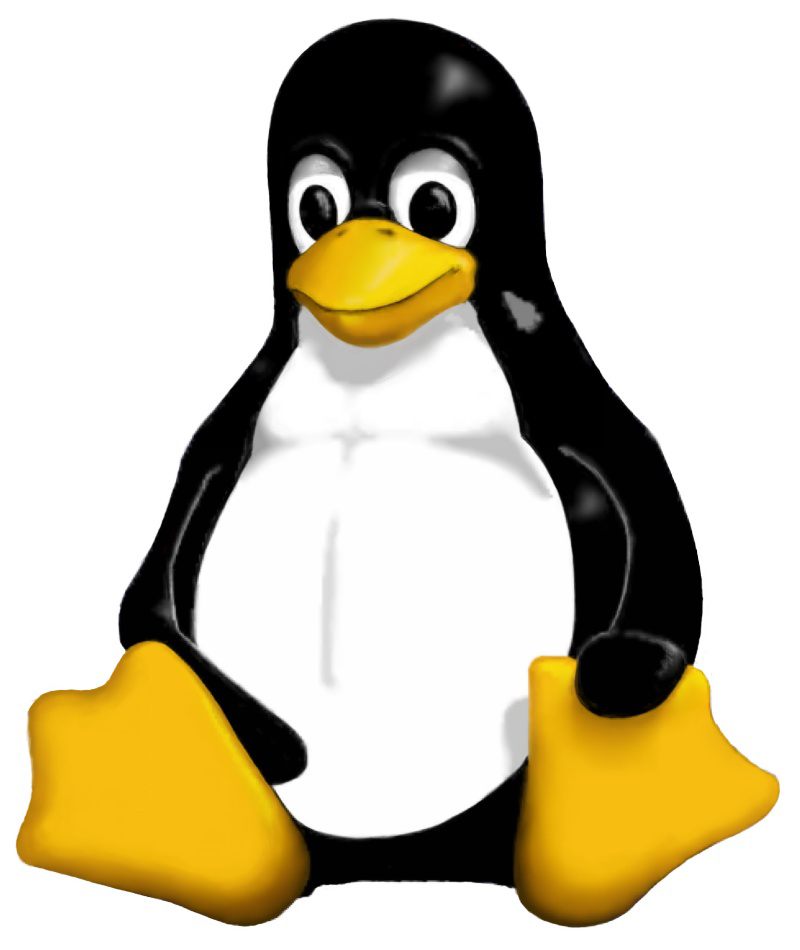Linux Antivirus Software Tested, Many Products Fail
A recent evaluation of Linux security software suggests that about half of the most well-known brands won't mount much of a defense at all.

There's an old saying that to err is human, but to really screw up, you need a computer. Linux users might find this sentiment more salient than most, as it turns out most Linux malware is reliant on user error.
Still, there are plenty of Linux antivirus programs to protect yourself — they're just not all great. A recent evaluation of Linux security software suggests that about half of the most popular brands won't mount much of a defense at all.
AV-TEST, a company that evaluates Windows and Mac security software on a regular basis, has released its findings on 16 popular Linux security suites. The company does not cover Linux very often, but touched on its importance in a news post.
Linux, the company posited, is a potential weak point for many Windows machines, as Linux runs about half of the Web's servers. A vulnerability in a Linux machine could spell disaster for any Windows computer that connects with it, even if the Windows machine is running the best antivirus software.
Of course, Linux is also the basis for user-oriented operating systems in and of itself, and cybercriminals do indeed engineer malware to target it. AV-TEST used Ubuntu 12.04 LTS 64-bit, one of the most widely used Linux distributions, to see how much malware could make it past the top-rated detection programs. The results were generally not encouraging. No single program could detect 100 percent of both Windows and Linux malware, and about half of the programs didn't even come close.
ESET NOD32 Antivirus for Linux Desktop, Kaspersky Anti-Virus for Linux File Server, AVG Server Edition for Linux, Avast File Server Security, Symantec Endpoint Protection Manager, Kaspersky Endpoint Security 8.0 for Linux and Sophos for Linux all exceeded 95 percent detection for both Windows and Linux malware.
Symantec, in fact, scored a perfect 100 percent in Windows detection, while Kaspersky Endpoint scored 100 percent in Linux detection. The rest of the top seven hovered between 97 and 99.8 percent in either category, save for Kaspersky Endpoint, which scored only a 96.3 percent in Windows, and Sophos, which scored 95 percent for Linux.
Get instant access to breaking news, the hottest reviews, great deals and helpful tips.
No software had perfect detection for both platforms, although ESET and Kaspersky Anti-Virus (a different product from Kaspersky Endpoint) came the closest, with 99.8/99.7 percent and 99.8/98.8 percent detection rates, respectively.
On the other end of the spectrum, some programs did a poor job for both platforms. F-Prot Antivirus for Linux scored the ignominious distinction of detecting only 22.1 percent of Windows malware and 23.0 percent of Linux malware. ClamAV scored 15.3 percent on Windows and 66.1 percent on Linux, while Comodo Antivirus for Linux found 83.0 percent of Windows malware, but only 33.1 percent of its Linux counterparts.
F-Secure Linux Security, Bitdefender Antivirus Scanner for Unices, eScan Antivirus for Linux Desktop, G Data Client Security Business for Linux, Dr. Web Antivirus for Linux and McAfee VirusScan Enterprise for Linux all scored somewhere in the middle, but none of them scored high enough in both categories to be serious contenders for an all-purpose Linux antivirus.
Linux users often pride themselves on being more tech-savvy than their Windows and Mac brethren, but if online security news has taught us anything, it's that no one is smart enough to outwit every potential threat, every single time.
Antivirus programs on Linux are a wise precaution, especially if you connect it with Windows systems, and some seem to simply work better than others. For antivirus software on other platforms, check out our pages on the best Mac antivirus software and the best Android antivirus apps.

Marshall Honorof was a senior editor for Tom's Guide, overseeing the site's coverage of gaming hardware and software. He comes from a science writing background, having studied paleomammalogy, biological anthropology, and the history of science and technology. After hours, you can find him practicing taekwondo or doing deep dives on classic sci-fi.
 Club Benefits
Club Benefits





